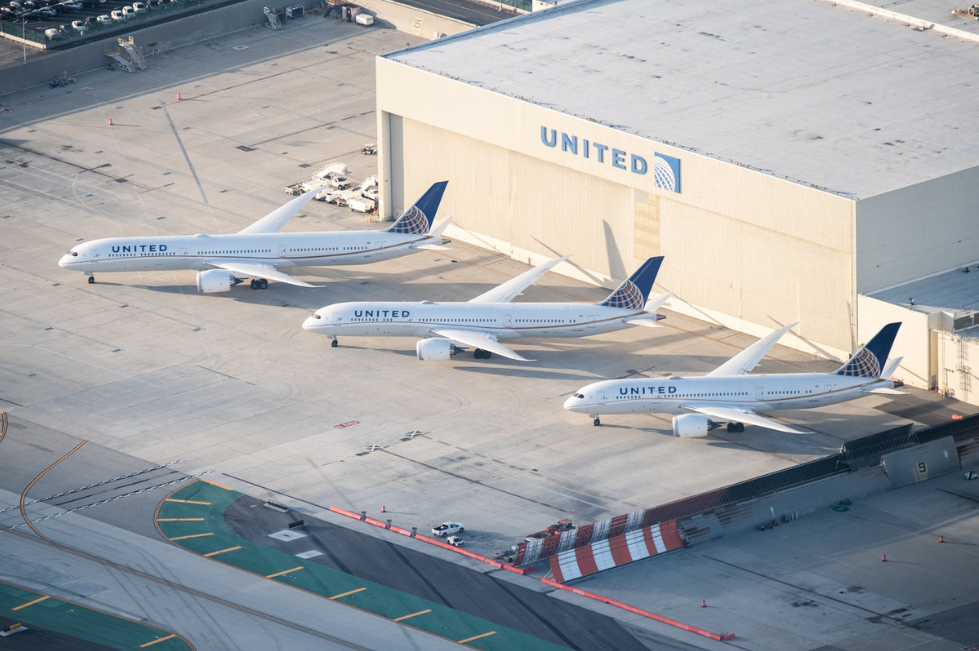Tesla Boom Lifts Norway’s Electric Car Sales to 58%!
FILE PHOTO: Electric cars are seen at Tesla charging station in Gulsvik, Norway March 17, 2019. REUTERS/Terje Solsvik/File Photo OSLO (Reuters) - Almost 60 percent of all new cars sold in Norway in March were…

